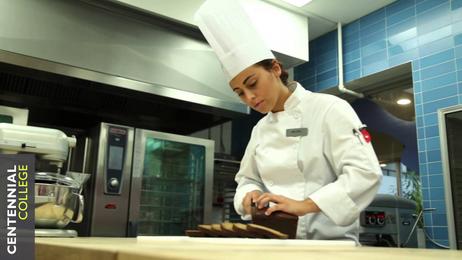Your smartphone can be a powerful tool to help you earn better grades at community college in several ways:
Time Management: You can use your smartphone to stay organized and manage your time more effectively. There are several apps available that can help you track your schedule, assignments, and deadlines, and set reminders for important tasks.
Note-Taking: Your smartphone can also be a great tool for taking notes in class. Many apps allow you to take handwritten or typed notes, record audio, and even add photos or diagrams to your notes.
Study Resources: There are a variety of educational apps that can help you study more effectively. These can include flashcard apps, quiz apps, and study guides that cover a wide range of subjects.
Research: Your smartphone can also be a great tool for conducting research. You can use search engines and academic databases to find articles, journals, and other resources that can help you with your assignments.
Collaboration: Your smartphone can also help you collaborate with classmates and study groups. You can use messaging apps or video conferencing apps to communicate with classmates, share notes and study materials, and even collaborate on group projects.
Overall, your smartphone can be a powerful tool to help you stay organized, study effectively, and collaborate with others, all of which can help you earn better grades at community college.
Source: ChatGPT
Smartphones in Community Colleges
Community college students often work in addition






















